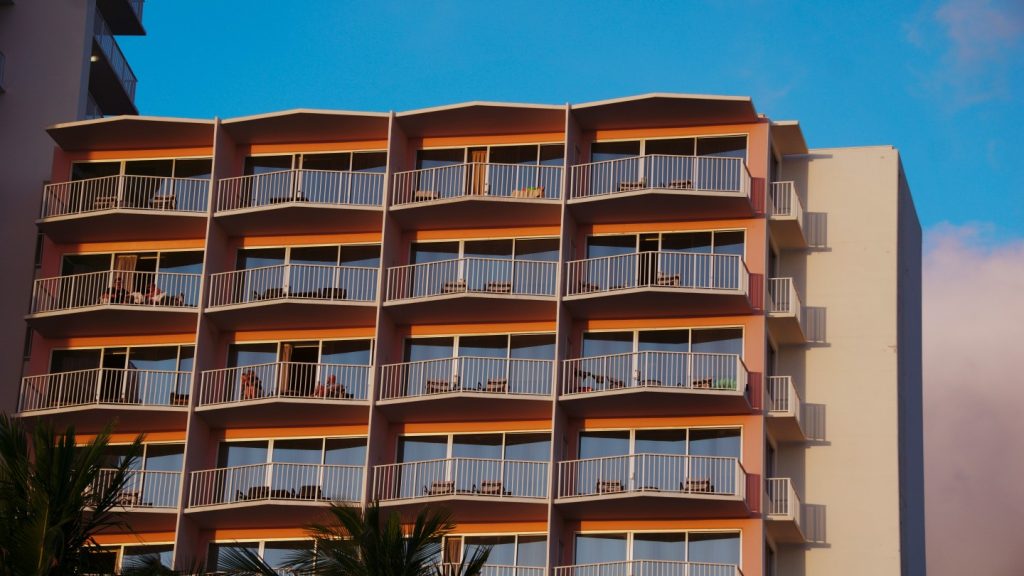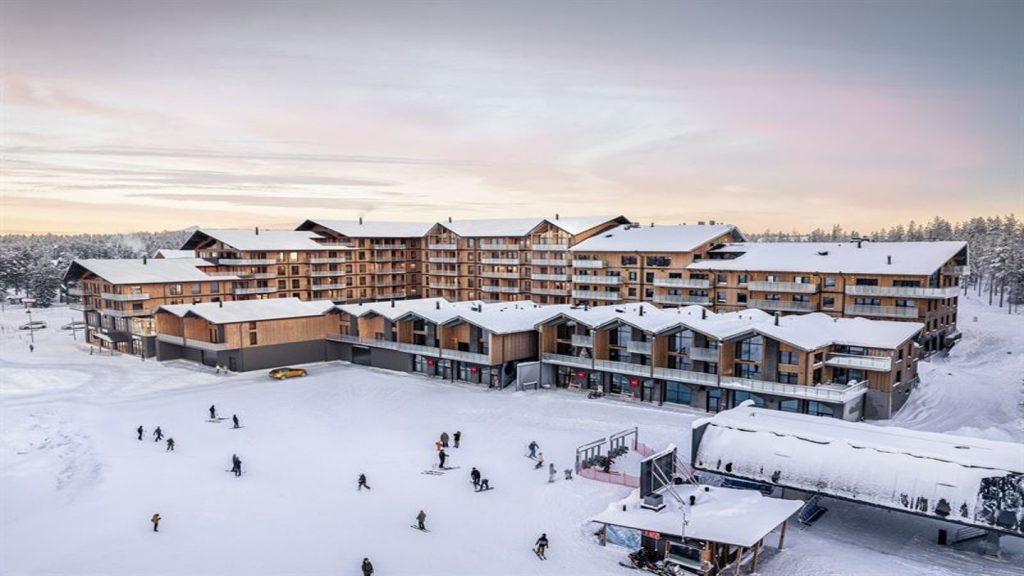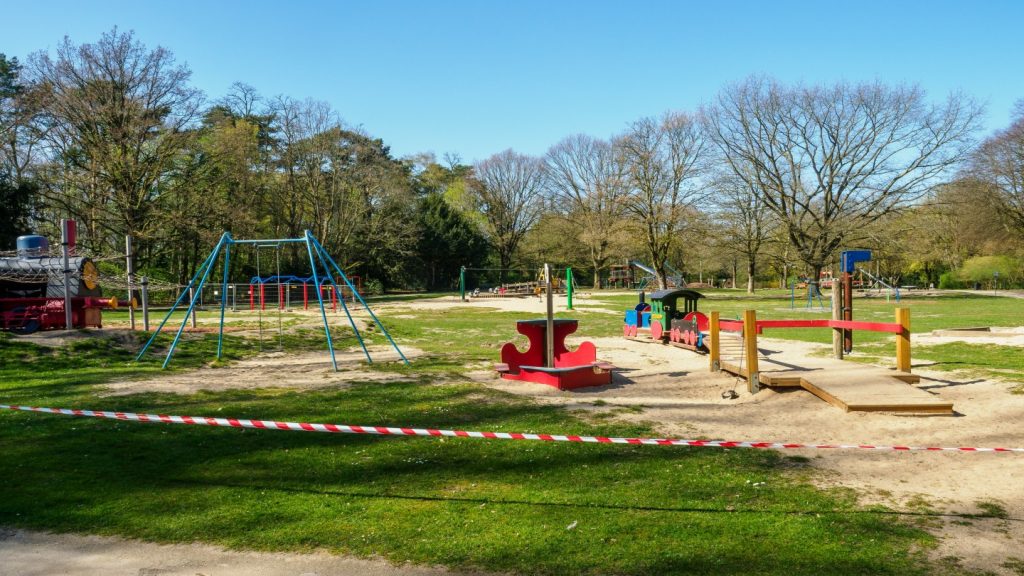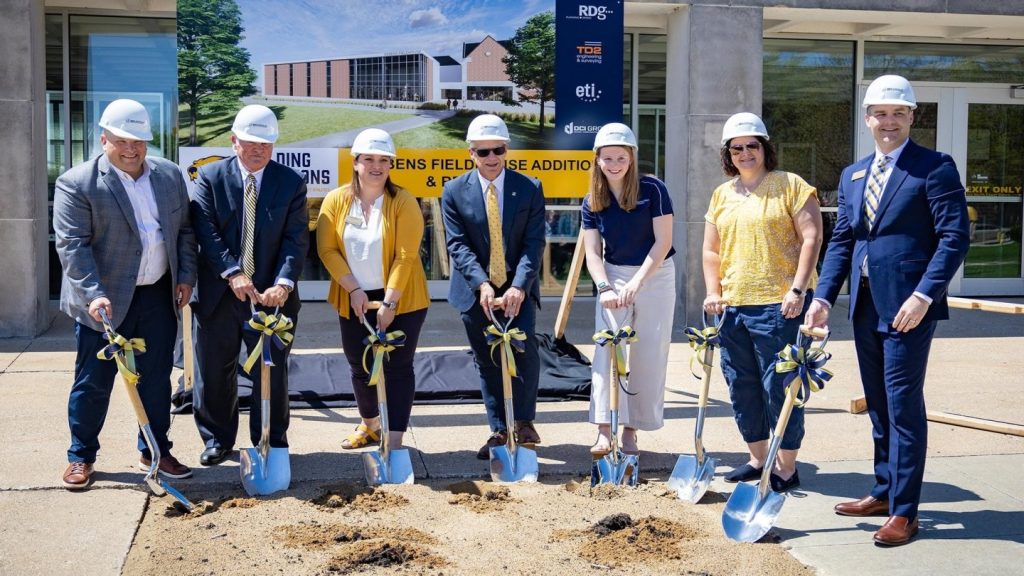Construction has commenced on a sustainable affordable housing development, Center City Courtyard, in downtown Rochester, New York, US.
The project is part of New York governor Kathy Hochul's $25bn Housing Plan, which aims to build or preserve 100,000 affordable homes across the state.
Center City Courtyard, which is being constructed on a former surface car park on West Main Street, will offer 164 apartments for families with earnings at or below 80% of the area median income (AMI).
It will provide 95 units for individuals who are experiencing or at risk of homelessness, including veterans and those reentering society post-detention.
The development will offer residents access to on-site supportive services and rental subsidies, financed through the Empire State Supportive Housing Initiative (ESSHI) and administered by the Office of Mental Health (OMH).
The supportive services will be provided by Helio Health, the Urban League of Rochester, and Eagle Star Housing.
There will be 68 parking spaces and nearly 3,000ft² of office space for these supportive service providers.
Center City Courtyard will be an all-electric building featuring a rooftop solar array and will use air-source heat pumps for heating and cooling.
It is expected to achieve certifications from the US Department of Energy Zero Energy Ready Homes, Enterprise Green Communities 2020 Plus, and US Environmental Protection Agency Indoor AirPlus.
The developer team comprises a joint venture between HELPDevCo and CSD Housing.
Center City Courtyard has garnered financial support, including $902,000 from the Clean Energy Initiative for decarbonisation efforts in affordable housing.
State financing includes $3m in permanent tax-exempt bonds, $30.5m in Federal Low Income Housing Tax Credits, and $25m in subsidy from HCR.
The New York State Office of Temporary and Disability Assistance is contributing approximately $8m through its Homeless Housing and Assistance Program.
OMH will provide $2.3m in operating funding annually for the aforementioned 95 units under ESSHI, along with a one-time programme development grant of $235,000.
The city of Rochester has also awarded $1m in HOME funds to the project.















